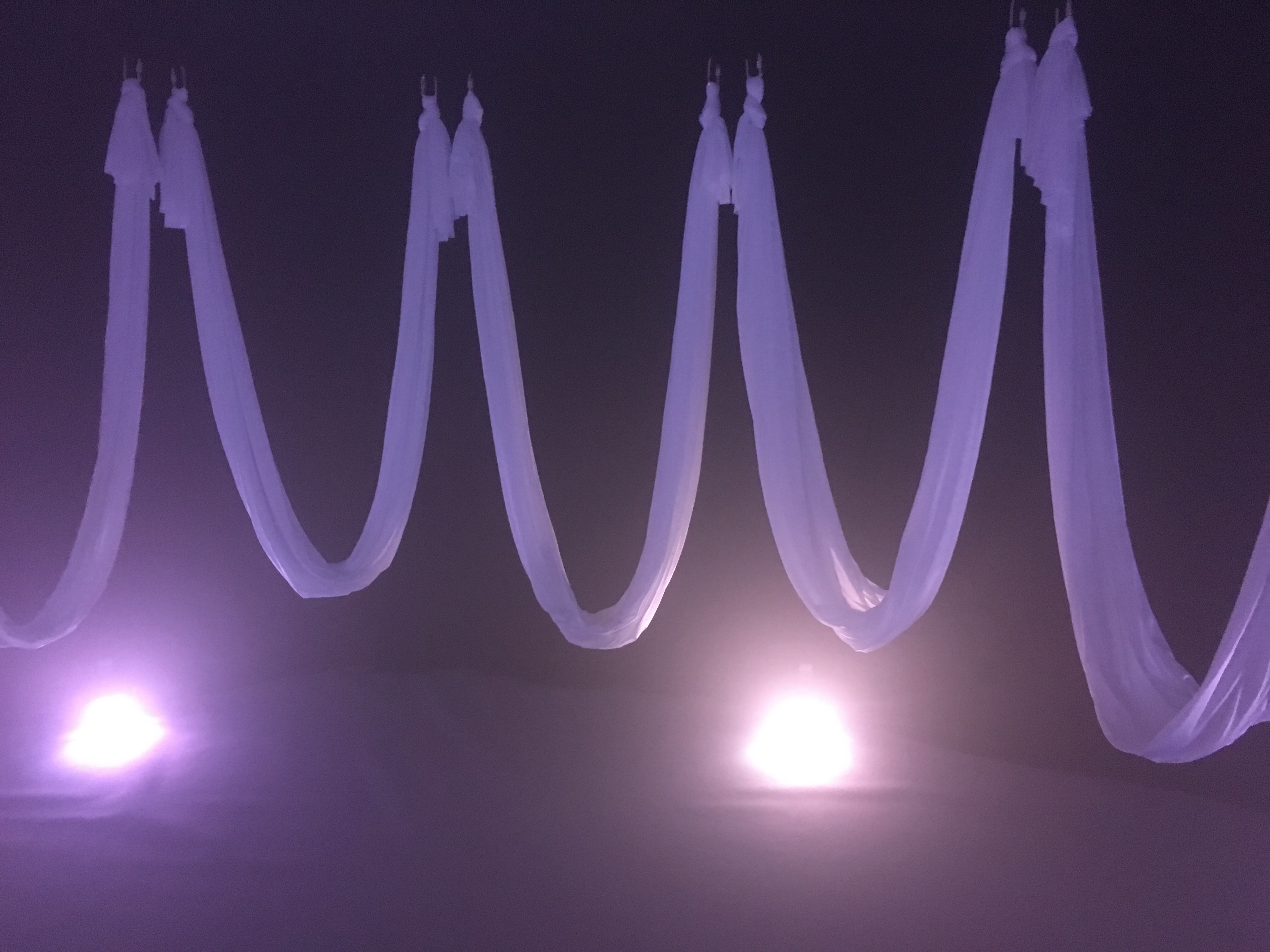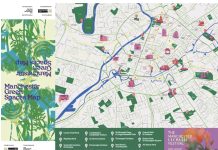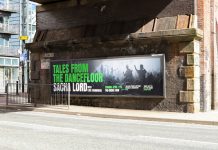“Turn off your mind relax and float down stream” wrote John Lennon in 1966. Well fifty years later you can do just that over the next eleven days at Manchester’s Arndale Centre without the artificial stimuli and instead lie in a suspended white hammock, gently rocked to sleep with the shades of pink and purple before being lulled into a transition between sleep and darkness.
It’s called Chronarium and it’s part of Manchester’s tenth Science Festival which runs from today.
Designed by artists Rachel Wingfield and Mathias Gmachi from London-based Loop.pH, The Chronarium is a sound and light environment designed to improve one of the most important parts of our daily lives – sleep. Originally commissioned for and by the FutureEverything Festival Singapore 2015, this stunning and atmospheric creation offers a fully immersive experience and is aimed at providing an antidote to non-stop city living. On entering the sleep lab, visitors lie down, rest and relax inside suspended hammocks to partake in an exclusive audio-visual experience – with a specially commissioned soundtrack composed by acclaimed artist Anna Meredith.
During each restorative session, visitors are exposed to different environmental stimuli aimed to reset internal circadian rhythm for better, more harmonious sleep.
The cyclical audiovisual programme has been developed in consultation with leading sleep scientists that look to entrain the brain by encouraging a deep relaxation and rest, using pink noise and a wash of coloured light.
The Chronarium provides a platform for different groups of sleep scientists to share their research and meet visitors to discuss sleep routines after some of the sessions.
This will provide valuable insight into why we sleep and the effects disturbed sleep has on mental and physical wellbeing.
Alastair Henry and Jack Barton two PHD students at the University of Manchester are studying sleep.
They told About Manchester how in today’s world we fight against sleep, treating it as something that can be negotiated with our bodies.
On average we now only sleep for six hours against the average of eight but we are playing with fire putting us at risk of developing problems both physically and mentally.
Sleep they add is a healing process, a need to restore our systems and give our brains chance to recover.
Instead we eat late, we drink alcohol and surround our sleeping environment with gadgets designed to keep us alert.
They recommend a regular sleep schedule, a good environment, and winding down slowly.







